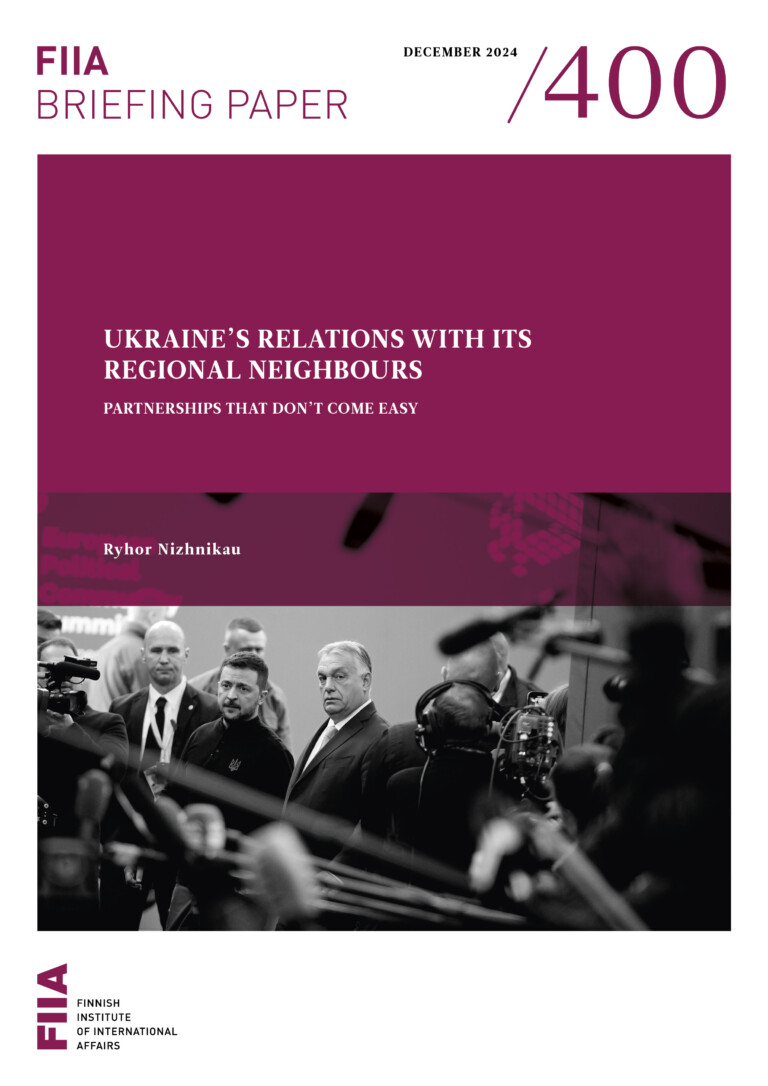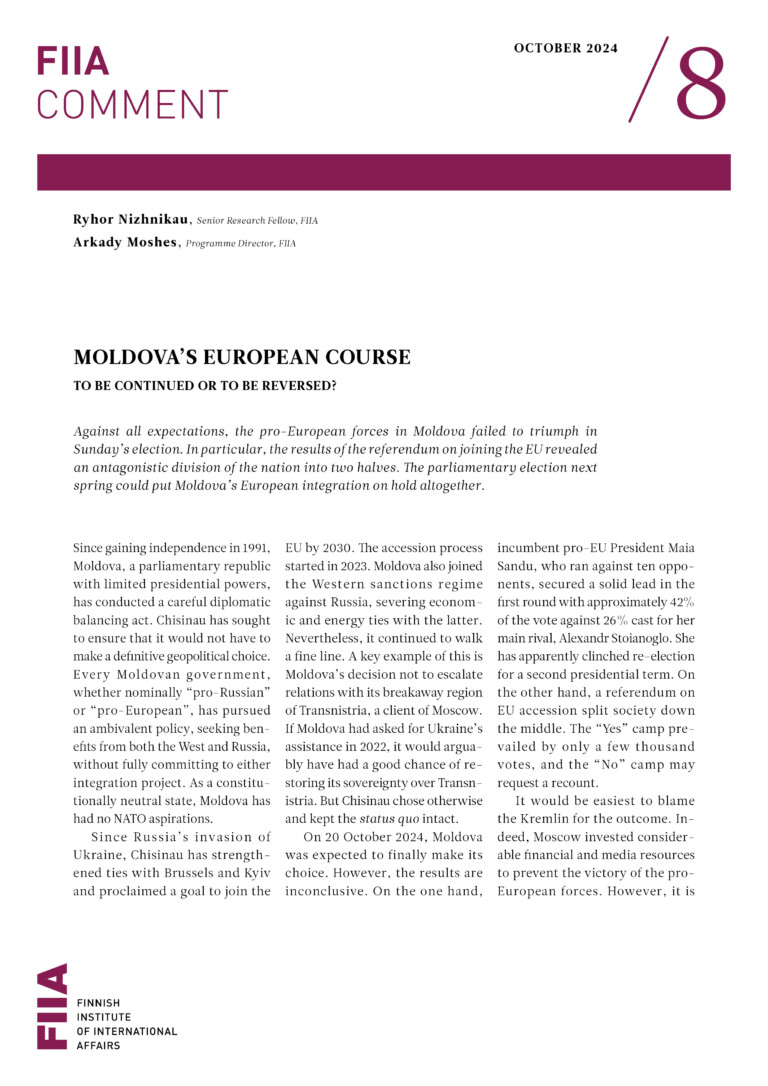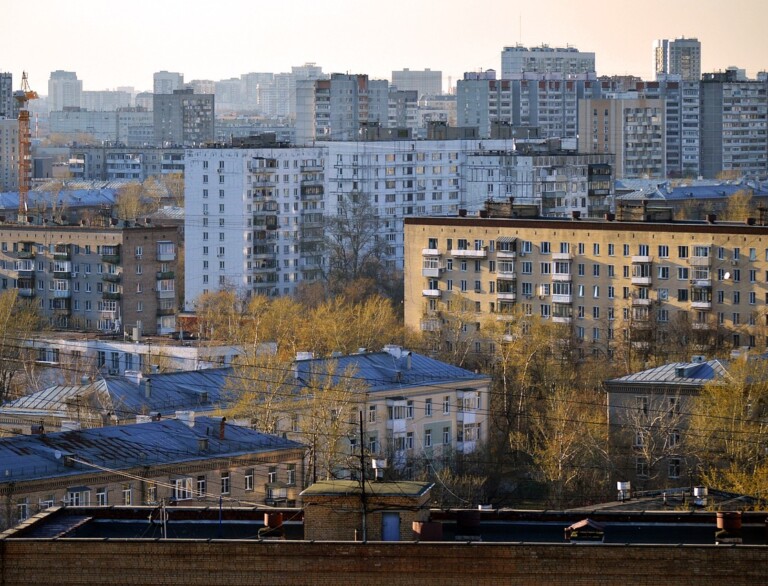OSCE/ODIHR observers and elected European officials who monitored the presidential election in Azerbaijan came to radically opposite conclusions. The failure to agree on a joint assessment reveals cracks in the system and warrants a rethink on the rationale of election observation as a tool for democracy promotion.
Upon the invitation of the Azerbaijani government, the OSCE’s Office for Democratic Institutions and Human Rights (ODIHR) deployed over 300 observers to monitor the 9 October presidential election, which incumbent Ilham Aliyev won for the third time since taking over the presidency from his father, with a comfortable 84.5% of the vote.
The ODIHR’s preliminary post-election report argued that the process once again “fell short of meeting international standards for free and fair elections”. The vote count in particular was assessed as “bad or very bad” in 58% of the observed polling stations – a record number in the ODIHR’s 20-year history of election monitoring in the OSCE area.
The Azerbaijani authorities, as well as domestic and foreign observers “friendly” to the regime, predictably criticised the ODIHR’s negative assessment. More surprisingly, so did the delegations sent by the Parliamentary Assembly of the Council of Europe (PACE) and the European Parliament (EP), comprising 33 and 7 parliamentarians respectively. On 10 October they issued a joint statement praising an electoral process which they viewed as “free, fair and transparent”.
Arriving at divergent conclusions is not a new feature of election monitoring in post-Soviet so-called “young democracies”. Even though they allegedly follow the same international methodology and guidelines, ODIHR and parliamentary delegates perceive their task quite differently.
Observers delegated by national or European parliamentary assemblies come to “witness progress” from one election to another, not to judge the process or give lessons to those organising it. The ODIHR believes that parliamentarians only see “the tip of the iceberg” since they usually spend no more than 3-4 days in the capital city and visit a limited number of polling stations on election day.
Conversely, ODIHR experts claim that only their long-term monitoring of the campaigning, voting and post-election phases allow for assessing the overall democratic quality of an election. In attesting to the fact that the Azerbaijani media dedicated 92% of their coverage to the incumbent’s campaign and 8% to all the other candidates, ODIHR media experts can justify, for example, why conditions for competitive elections and a free choice are still not in place.
This holistic approach to its mission usually makes the ODIHR critical of the way in which elections are held in post-Soviet countries. This has long irritated the Russian members of the OSCE Parliamentary Assembly (PA) and their colleagues from countries with an even poorer democratic record – such as Azerbaijan. Their intense lobbying within the OSCE PA in recent years aims at discrediting the ODIHR and depriving it of its leading role in election monitoring.
Within PACE, representatives from the same “young democracies” successfully build coalitions capable of blocking the adoption of reports and resolutions criticising human rights violations. It is the first time, however, that elected representatives from an EU institution assess an Azerbaijani election so complacently.
Asked by Azerbaijani journalists why his assessment diverged so markedly from that of ODIHR observers, the head of the EP delegation, Pino Arlacchi, later argued that “the ODIHR consists of so-called experts with no political responsibilities, who were not elected by anybody. So it is easy to manipulate them”. Is Mr Arlacchi entitled to question the competence, legitimacy and objectivity of ODIHR observers, however?
Most parliamentarians tend to consider that being democratically elected bestows upon them the unrivalled ability and legitimacy to assess electoral processes, even in countries they know little about. They can allegedly do so with an ethic of responsibility and guided by a sounder understanding of political necessity than non-elected observers could ever display. This argument contributes to hollowing out the principles contained in binding OSCE documents, which stipulate a single definition and assessment of democracy, based on “the will of the people, freely and fairly expressed through periodic and genuine elections”.
When acting regimes control the composition of election commissions at all levels, alienate opposition candidates from the public arena months before the vote and pre-emptively imprison critical journalists, they do not need to manipulate ballot papers and tamper with election results under the noses of foreign observers. Inviting them to confirm how peacefully and transparently the mimicking of democracy proceeds on election day is part of their external regime-legitimation strategy. These are the ABCs by which “electoral authoritarianism” is able to consolidate and prosper in the EU’s immediate neighbourhood.
Sometimes unconsciously, at times shamelessly, a growing number of political observers fail to see the sophistication with which “young democracies” are now able to orient the outcomes of electoral processes upstream. In the case of Azerbaijan, an oil-rich country and strategic ally for the West in the South Caucasus, geopolitical realism and pragmatic (business) interests contribute to blurring their vision.
Whereas ambiguity over the quality of the Azerbaijani election obscures the evaluation of the Aliyev regime’s “progress towards democracy”, open complacency towards it sheds doubt on some observers’ true motives.
In the face of such a credibility crisis, the current system of international election observation clearly warrants serious revamping. Given the capacity of today’s autocrats to hide behind the smokescreen of democracy-imitation, in their case not only the methods, but also the very purpose of election monitoring as an instrument of democracy promotion should be questioned.






